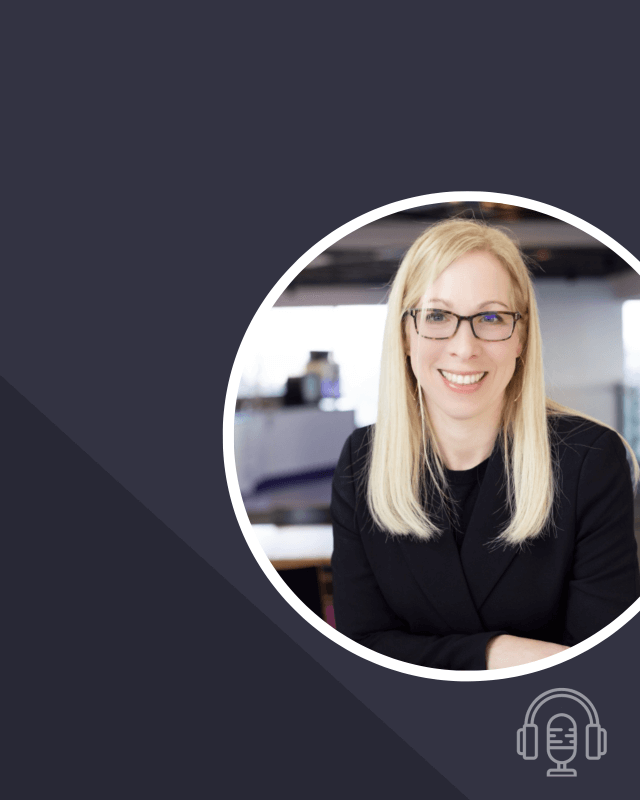
Advisor Insights
Lindsay Zwart
Enabling organisations to discover new ways of thinking to thrive in the future
Advisor Insights
Published 23 October 2020
Deborah Biber is an advisory board Certified Chair with over three decades of executive experience across Asia. Based in Hong Kong, Deb is deeply attuned to the importance of building trusted relationships to create meaningful business outcomes.
In this Advisor Insights conversation with Louise Broekman, Advisory Board Centre Founder and CEO, Deb shares her insights on the value of professional credentials to build trust and demonstrate a personal commitment to remaining current and relevant in your skills and knowledge.
When I talk to people about my credentials, it actually says that I bothered to take the time to do this, that I know what I’m talking about. They know I’m connected, that I have a framework and a rigor within which to work.
Deborah Biber, Certified Chair
The Advisor Insights series are unfiltered conversations giving you a lens into real people and real businesses within the Advisor ecosystem.
This discussion formed part of a larger conversation about the Role of the Chair in Boards and Committee structures. Interested in hearing more?
Deborah Biber: In an Asian context, you need to be credentialed. You need to actually have done some sort of education around this, which is why the Certified Chair course is extremely important. It’s a question of knowing what you’re talking about now, the thing is all business in Asia is done through relationships. It’s not transactional. It’s relationships first transaction second, whereas in Australia and elsewhere in the world, it’s transactions first relationship second. And it’s the other way round. So in Asia, the relationship is absolutely vital and you wouldn’t be doing it. Wouldn’t be working with someone if you weren’t working with them from a position of trust and therefore having a good relationship.
So in addition to that, having the credentials, when I talk to people about my credentials, it actually says that I bothered to take the time to do this, that I know what I’m talking about they know I’m connected, that I have a framework and rigour within which to work. I’m not just connected within my own community of Hong Kong, or Singapore, Vietnam or wherever it is also, I do business, but I also connect back into a global community through the Advisory Board Centre.
Louise Broekman: Thanks, Deb. I think the thing around credentials is that this sector is maturing. It’s changed a lot in the last three and a half years since I did a five-year research project around different advisory structures and how they work and how they don’t work.
There were so many informal advisory boards in the market, driving the market. Now that’s really shifted rapidly in the last three and half years to formalized advisory boards, which is a really healthy sign. I think it’s also problematic if we look at what’s the latest information around insurance and the liability directors and officers insurance for governance, that’s on the increase in, so as Deborah said, governance boards may be shrinking- but where do those critical conversations go? And what are the right ethics frameworks that sit around those conversations to keep it safe?
Deborah Biber: I think you’re absolutely a hundred percent right. And that this is a big issue. And I can see as you said, I can see governance boards shrinking to their core, which is what I think they should be doing.
And I can see now that there are market forces that might be driving that financially, like the insurance issues. But I also think that being a Chair of an advisory board to a business puts you in a position where you’re actually working in the business with the business owner or the business leader. And it’s just more fun. It’s just more the ability to achieve shifts, transformative shift for the business through expert advice is just fantastic, rather than telling them kind of what to do as a consultant being told what to do. The Advisory Board Chair and members of the advisory board are actually in a position to help the business, to understand them beyond where they sit to actually open them up to broader thinking.